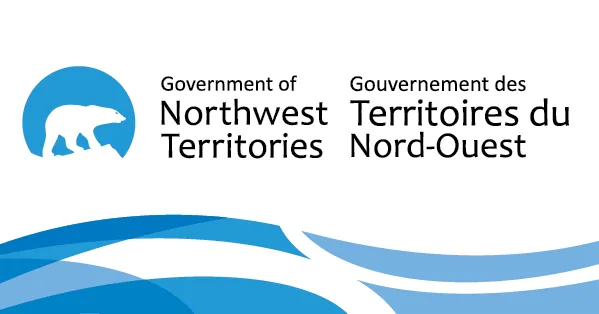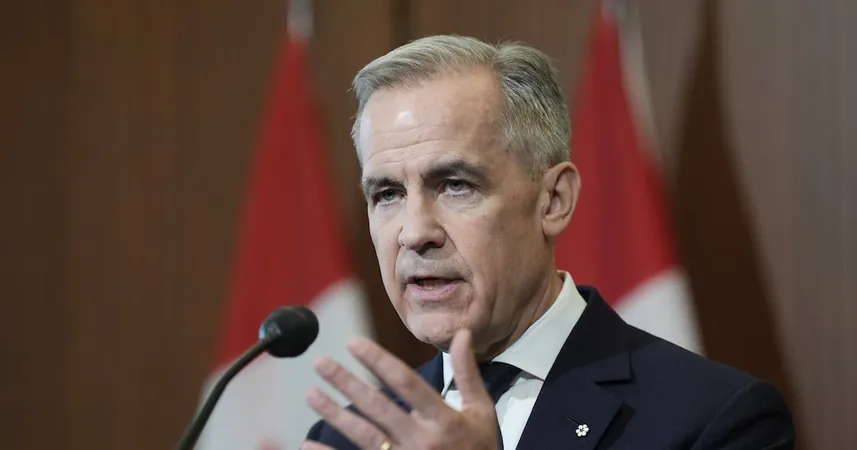
NWT Announces Game-Changing Cervical Cancer Screening Guidelines
2025-04-08
Author: William
Breaking News: NWT Announces Game-Changing Cervical Cancer Screening Guidelines!
The Government of the Northwest Territories (GNWT) has unveiled transformative updates to its Cervical Cancer Screening Guidelines, shifting the focus from traditional Papanicolaou (PAP) tests to more effective human papillomavirus (HPV) testing.
Why is this change monumental? HPV, a well-known vaccine-preventable infection, is often the precursor to cervical cancer. While not all strains of HPV lead to cancer, certain high-risk strains can trigger cellular changes associated with malignant growth. The newest guidelines are designed to catch these harmful strains earlier than ever—before they can lead to serious health complications.
Previously, PAP tests only detected abnormal cells that had formed as a result of HPV infections, often allowing the disease to progress undetected. The new HPV tests actively identify high-risk strains, granting healthcare providers the power to intervene sooner.
Here’s how the latest screening protocol works: individuals who test positive for the four most common high-risk HPV strains will be immediately referred to a colposcopy, a specialized procedure that allows healthcare professionals to assess potential abnormalities. For those with other high-risk strains, the next steps depend on the individual's overall health—immunocompromised individuals will be directed to colposcopy, while those staying healthy will simply have a follow-up PAP test.
The updated guidelines offer a clear screening schedule to bolster early detection: - Begin screening at age 25 for asymptomatic women and those with a cervix. - Conduct screenings every three years. - Cease routine screenings at age 69 for average-risk individuals, and at age 74 for those who are immunocompromised.
Cervical cancer ranks as the fourth-most common cancer among women and those with a cervix globally. Symptoms or concerns regarding cervical health should never be ignored. It's crucial to discuss any potential issues with a healthcare provider, regardless of age.
Did You Know? Getting the HPV vaccine, which is available at no cost to all genders aged 9 to 26, combined with regular cervical cancer screenings, drastically reduces the risk of developing cervical cancer.
For more insights on cancer prevention, vaccines, HPV, or non-urgent health inquiries, don’t hesitate to reach out by calling 811 or consulting your local healthcare provider.
Stay informed, stay protected! For additional resources on HPV and cervical cancer, be sure to visit the Department of Health and Social Services website. Your health is your wealth—don’t take chances!









 Brasil (PT)
Brasil (PT)
 Canada (EN)
Canada (EN)
 Chile (ES)
Chile (ES)
 Česko (CS)
Česko (CS)
 대한민국 (KO)
대한민국 (KO)
 España (ES)
España (ES)
 France (FR)
France (FR)
 Hong Kong (EN)
Hong Kong (EN)
 Italia (IT)
Italia (IT)
 日本 (JA)
日本 (JA)
 Magyarország (HU)
Magyarország (HU)
 Norge (NO)
Norge (NO)
 Polska (PL)
Polska (PL)
 Schweiz (DE)
Schweiz (DE)
 Singapore (EN)
Singapore (EN)
 Sverige (SV)
Sverige (SV)
 Suomi (FI)
Suomi (FI)
 Türkiye (TR)
Türkiye (TR)
 الإمارات العربية المتحدة (AR)
الإمارات العربية المتحدة (AR)